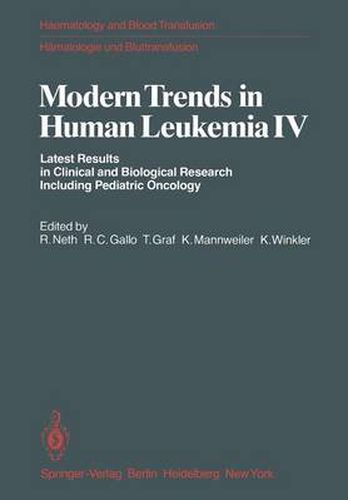Readings Newsletter
Become a Readings Member to make your shopping experience even easier.
Sign in or sign up for free!
You’re not far away from qualifying for FREE standard shipping within Australia
You’ve qualified for FREE standard shipping within Australia
The cart is loading…






This title is printed to order. This book may have been self-published. If so, we cannot guarantee the quality of the content. In the main most books will have gone through the editing process however some may not. We therefore suggest that you be aware of this before ordering this book. If in doubt check either the author or publisher’s details as we are unable to accept any returns unless they are faulty. Please contact us if you have any questions.
Gut ist eine Lehrart, wo man vom Bekannten zum Unbekannten fortschreitet; schon ist sie, wenn sie sokratisch ist, d.i. wenn sie dieselben Wahrheiten aus dem Kopf und Herzen des Zuhorers herausfragt. Bei der ersten werden dem Verstand seine Uberzeugungen in Form abgefordert, bei der zweiten sie ihm abgelockt. Professor Friederich Schiller Jena, in a letter written on 23 February 1793 to his friend and supporter Korner, father of the poet Theodor Korner. Established clinicians and scientists as weil as students aga in tried the Wilsede experiment for three days and nights and learned from each other. In our fourth Wilsede meeting on Modern Trends in Human Leukemia we concentrated once again on questions re gar ding the practical application of research and its benefits to the patient. The main emphasis of leukemia research has changed since the first Wilsede meeting in 1973. Virology is no longer the sole interest. Advances in immunology and cell genetics and a better understanding of Dr. h. c. Alfred Toepfer speeking with participants of the meeting in Wilsede XXI Arrival and discussion of participants in front of the meeting pI ace De Emmenhoff XXII Personal and scientific discussion in Wilsede June 1980 Fotos: R. Vols XXIII the mechanisms regulating normal and pathological blood cell differen- tiation have had a considerable impact on the direction of leukemia research.
$9.00 standard shipping within Australia
FREE standard shipping within Australia for orders over $100.00
Express & International shipping calculated at checkout
This title is printed to order. This book may have been self-published. If so, we cannot guarantee the quality of the content. In the main most books will have gone through the editing process however some may not. We therefore suggest that you be aware of this before ordering this book. If in doubt check either the author or publisher’s details as we are unable to accept any returns unless they are faulty. Please contact us if you have any questions.
Gut ist eine Lehrart, wo man vom Bekannten zum Unbekannten fortschreitet; schon ist sie, wenn sie sokratisch ist, d.i. wenn sie dieselben Wahrheiten aus dem Kopf und Herzen des Zuhorers herausfragt. Bei der ersten werden dem Verstand seine Uberzeugungen in Form abgefordert, bei der zweiten sie ihm abgelockt. Professor Friederich Schiller Jena, in a letter written on 23 February 1793 to his friend and supporter Korner, father of the poet Theodor Korner. Established clinicians and scientists as weil as students aga in tried the Wilsede experiment for three days and nights and learned from each other. In our fourth Wilsede meeting on Modern Trends in Human Leukemia we concentrated once again on questions re gar ding the practical application of research and its benefits to the patient. The main emphasis of leukemia research has changed since the first Wilsede meeting in 1973. Virology is no longer the sole interest. Advances in immunology and cell genetics and a better understanding of Dr. h. c. Alfred Toepfer speeking with participants of the meeting in Wilsede XXI Arrival and discussion of participants in front of the meeting pI ace De Emmenhoff XXII Personal and scientific discussion in Wilsede June 1980 Fotos: R. Vols XXIII the mechanisms regulating normal and pathological blood cell differen- tiation have had a considerable impact on the direction of leukemia research.